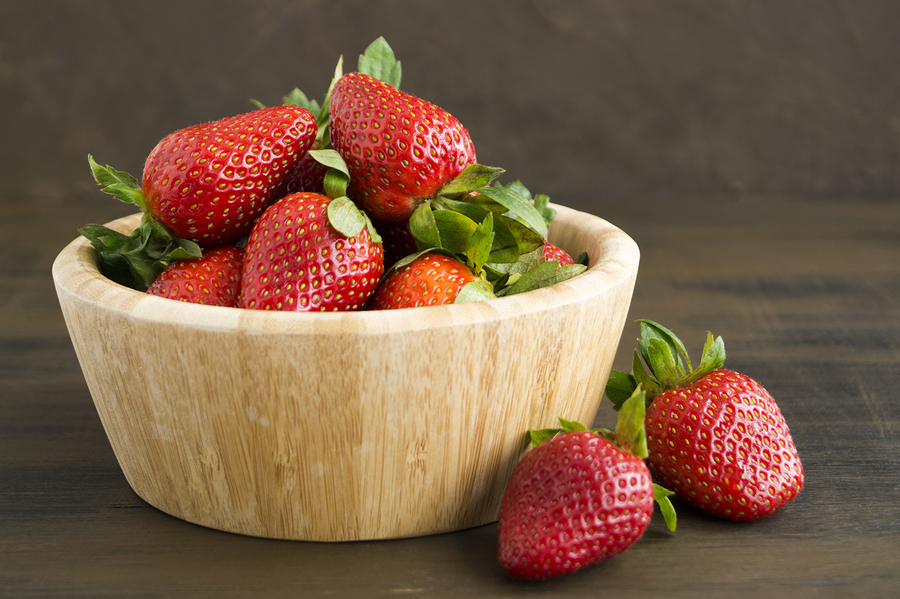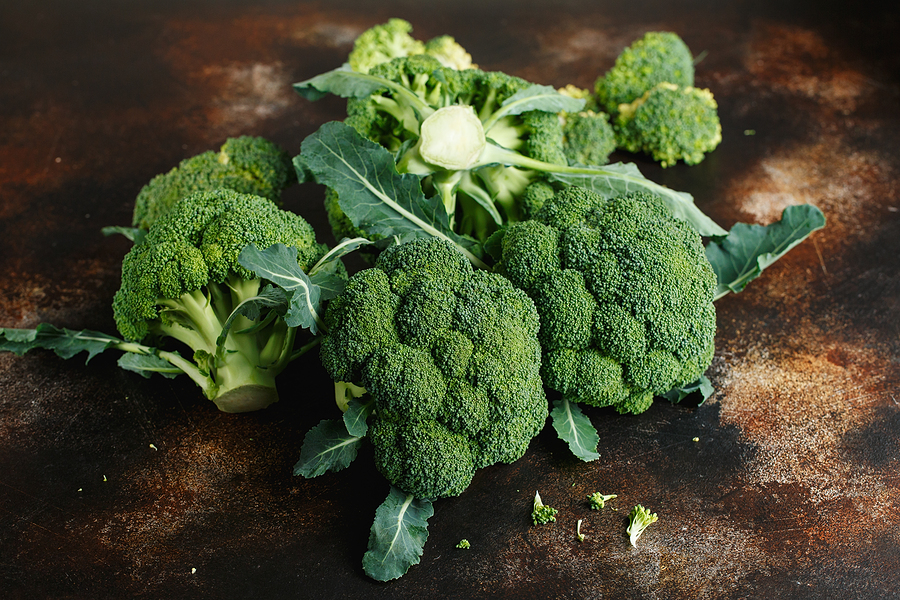If you are wondering how to best take care of the health of your eyes, then you might be surprised to learn that this is something that can begin on your plate!
Certain nutrients can go a long way to protecting your vision, and today we are going to talk more about the most important ones.
Omega-3 Fatty Acids
Omega-3 offers a number of health benefits, among them is the potential to help protect your eyesight.
Fatty acids are essential for the regular production and functioning of the cells in the body. Fatty acids are also key to the production of compounds that regulate blood pressure and heart rate.
Click to read more about The Roles of Dietary Fat!
Obtaining an adequate amount of omega-3 in the diet for the purposes of healthy vision is something that young children should pay particular attention to. This should also be considered a priority during pregnancy for the vision of the baby to be.
A 2009 study demonstrated that people who consume a higher amount of this type of fatty acid have less chance of macular degeneration in the future.
The best dietary sources of omega-3 fatty acids are:
- Mackeral
- Salmon
- Cod liver oil
- Herring
- Oysters
- Sardines
- Anchovies
- Caviar
- Flax seeds
- Chia seeds
- Walnuts
- Soybeans
Lutein
Lutein is a vitamin that is known to be connected to eye health. This vitamin is understood to help protect the eye tissue aginst damage from the sun.
The best dietary sources of lutein are:
- Egg yolks
- Broccoli
- Corn
- Kale
- Spinach
- Kiwi
- Grapes
- Peppers
Zinc
Evidence suggests that zinc is essential for optimum eye health. In fact, if your diet is lacking in zinc then you may find it more difficult to see properly in the night time. Zinc works with vitamin A to produce melanin, which is a pigment that protects the eyes.
The best dietary sources of zinc are:
- Oysters
- Beef
- Lobster
- Pork
- Baked beans
- Cashew nuts
Vitamin C
Vitamin C has so many functions in the body, and is definitely a key vitamin to ensure you are consuming an adequate amount of. This vitamin is an important antioxidant and helps the body to maintain connective tissue, including collagen. Collagen is found in the cornea, which is the clear outer protective layer of the eye.

The best dietary sources of vitamin C are:
- Strawberries
- Peppers
- Broccoli
- Tomatoes
- Blackcurrants
- Potatoes
- Brussels sprouts
- Cherries
- Thyme
- Parsley
Vitamin E
It is thought that vitamin E helps to protect the eyes against the oxidative damage caused by free radicals.
The best dietary sources of vitamin E are:
- Swiss chard
- Spinach
- Kale
- Kiwi
- Papaya
- Peppers
- Broccoli
- Olive oil
Cataracts
This condition is characterised by a clouding of the vision. There are different types of cataracts that can be cuased by different things, but in all instances the cataracts will worsen over time.
Obesity can contribute to the development of cataracts, as can hormone replacement therapy, diabetes, UV radiation, statins, smoking, and hypertension. It is possible to undergo a surgical procedure to treat this condition.
Macular Degeneration
Macular degeneration is generally considered to be an age-related health problem. It is most likely to affect people over the age of 50. Macular degeneration can impede your vision, but will not take it away entirely.
A healthy diet could help to prevent the onset of macular degeneration, especially if the diet includes a beneficial amount of antioxidants.
Type 2 Diabetes
Type 2 diabetes is one of the leading causes of blindness among adults. A healthy diet can go a long way to protecting you against Type 2 diabetes.
Protecting Your Vision
In addition to the food you eat, there are also other things that you can do to protect the health of your vision.
First of all, if you are a smoker then giving up this habit is a great idea. Smoking increases your chance of developing cataracts and can actually cause damage to the optic nerve.
Wearing sunglasses when it is sunny can help to protect your eyes from harmful UV rays. These rays can contribute to the onset of cataracts, as well as macular degeneration.
It is important to choose high quality sun glasses for this purpose, as some types will not block out the UV rays. Certain types of contact lenses will also offer protection against UV rays.
Spending too much time at your computer can be harmful for the health of your eyes. If you use a computer for your work then you should aim to take regular breaks. Taking 15 minutes away from your screen at least every two hours is a good goal to set. You may find it helpful to set a timer alarm on your phone to make sure you do this.
If you notice that you sometimes have blurry vision, dry eyes, or trouble focusing your eyes when looking at things in the distance, then you may already be experiencing a problem for this reason.
References
1) https://www.healthline.com/nutrition/8-nutrients-for-eyes
Related Posts
Cigarettes May Inhibit Inflammation Treatments
Axial spondyloarthritis, also known as AxSpa, is a chronic…










